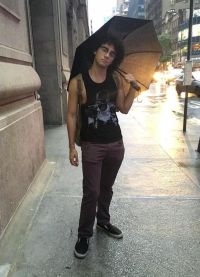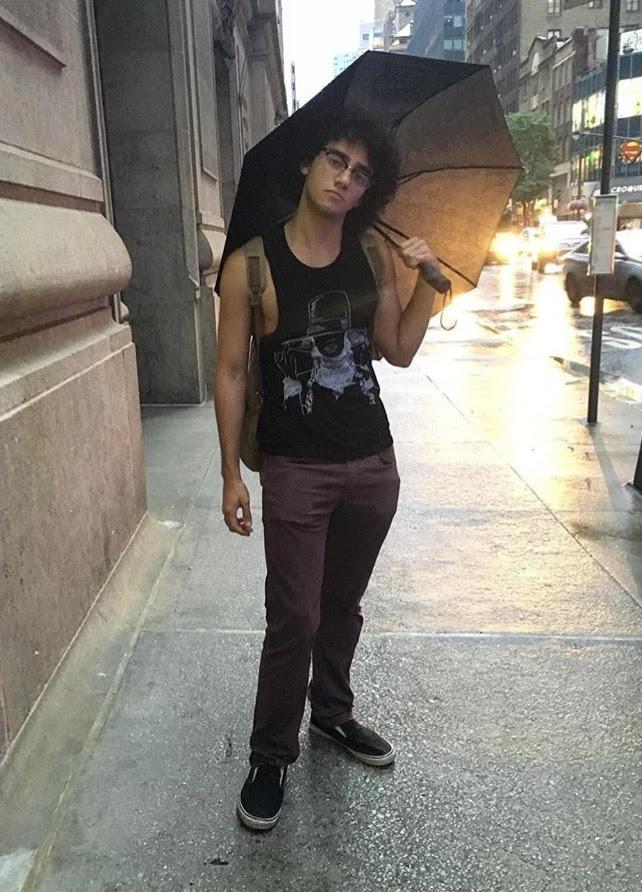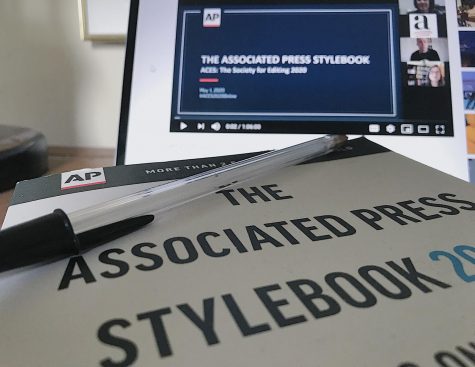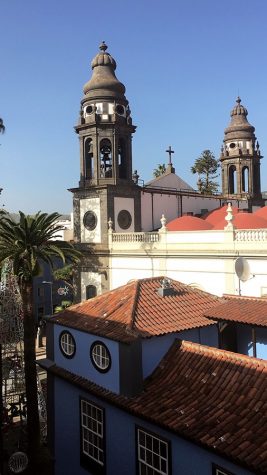Rose Hill Sophomore Learns Languages to Provide a Voice
January 25, 2017
By Alvin Halimwidjaya

“There’s so much. There’s too much.”
Although he is talking about Beyoncé, the same sentiment can be applied to Victor Rodriguez, FCRH ’19, and the various organizations he’s involved in. A former RHA secretary in Queen’s Court, Rodriguez is currently an e-board member of University Choir and a tour guide for Rose Hill Society. He also works for the Ram Line, which deals with alumni outreach.
Though his family recently moved to Woodbridge, Conn., Rodriguez was born and raised in San Juan, Puerto Rico. Rodriguez’s background provided him with an interesting perspective coming into the Bronx. “Coming here, I felt like it [New York] was not like it’s been painted on TV,” he said. “It’s its own kind of world… it’s a very big blend of everything, and there’s no one particular way to be Puerto Rican in the Bronx. There are so many different ways we grew up and relate to our culture, but we can all still identify as the same, which is mind-blowing.”
A double major in comparative literature and French with a minor in linguistics, Rodriguez wants to work his way into a position where he can give marginalized groups a voice. Fordham provided an ideal environment for him to gain the skills and knowledge he needs. “I came here [to Fordham] to learn,” he said. “In doing something like comparative literature or linguistics, I wanted to learn the academic intricacies involved so I can project that artistically or interpret other people’s artistry.”
Rodriguez has also had several opportunities to represent Fordham University. Not only has he been in Fordham commercials for companies like United Airlines, but he was also the winner of the Prix D’Eloquence, a French oratory competition, as well as a member of a panel discussing the second presidential debate on Good Day New York.
When it comes to inspiration, Beyoncé remains his most prominent role model. He’s a huge fan of not only her music but her brand in general, as he feels that Beyoncé uses her influence to impact society, pointing to the spoken word poets used in Lemonade as a specific example. “The thing I most admire about her is that she recognizes how much influence she has, and she’s very deliberate about the kinds of things she does and produces,” said Rodriguez.
When he’s on campus, a lot of Rodriguez’s time is spent as an e-board member of University Choir. He is a librarian, and deals with the distribution of all the sheet music used by choir. “It’s always exciting when you get to make something with your friends,” Rodriguez said. He explained that because most of choir is student driven, “it’s a real team effort to make sure that things run smoothly and we make an impact.” He also emphasized that one of the most important parts of choir is developing a strong sense of community.
As a tour guide for Rose Hill Society, Rodriguez also recognizes the importance of showing prospective students what Fordham can do for them. “I feel very lucky to be at Fordham, so being able to represent it means a lot to me,” he said. “It’s a platform for me to share my experiences Fordham has helped me with, and I just want to help other kids find the same opportunities I have.”
The rest of Rodriguez’s time consists of working shifts for the Ram Line. The Ram Line calls alumni and asks for donations, and he hopes to become a supervisor in the near future.
One particular art form that Rodriguez takes great interest in is drag performance. At some point, Rodriguez hopes to start a drag show at Rodrigue’s. He explained that the concept of subversive groups using the creative outlets New York offers draws him to drag, saying, “When I think about the LGBTQ community, I relate that to artistry and expression, because that’s where you can get the message out from these marginalized communities.”












If you want a picture to show with your comment, go get a gravatar.